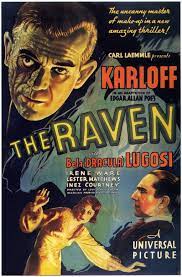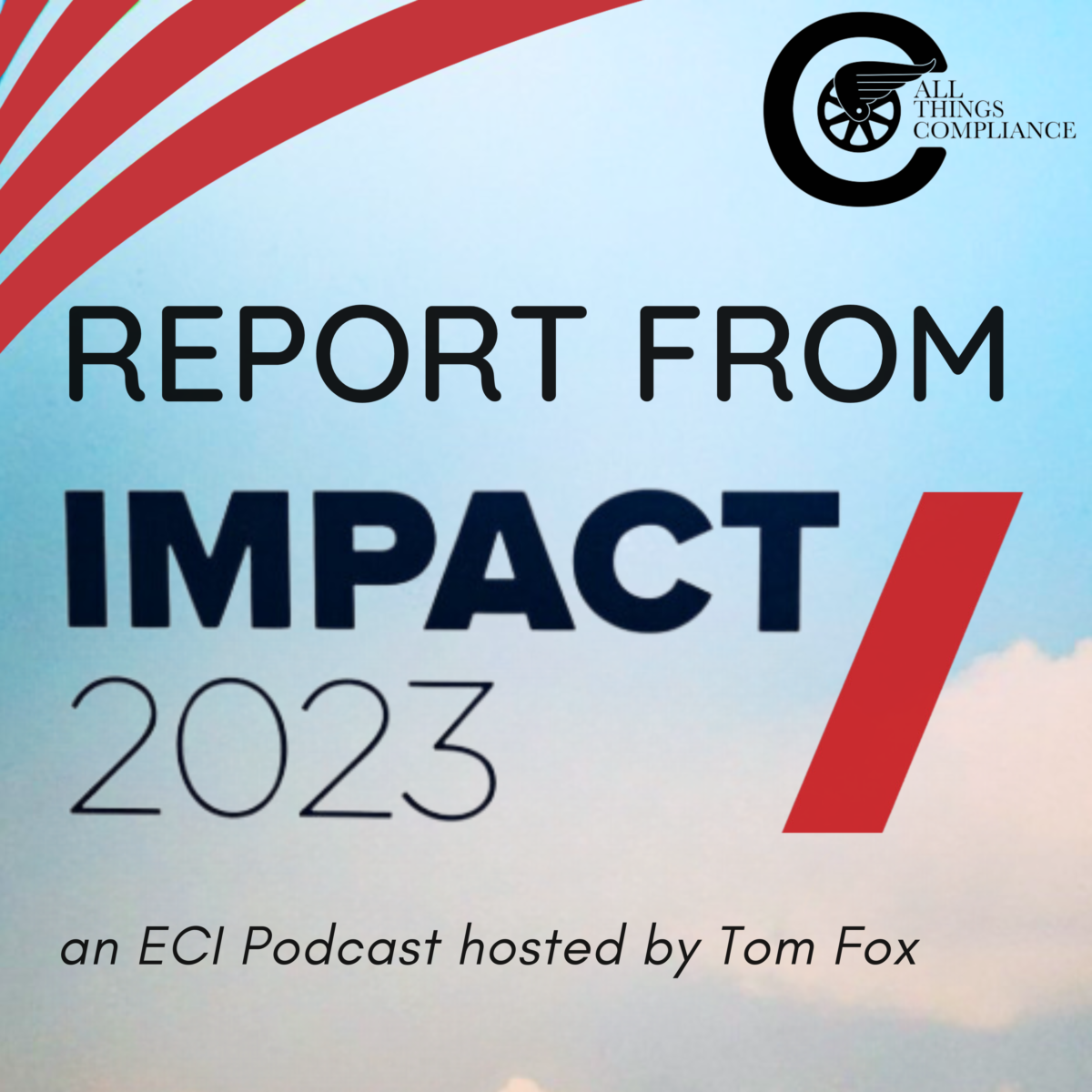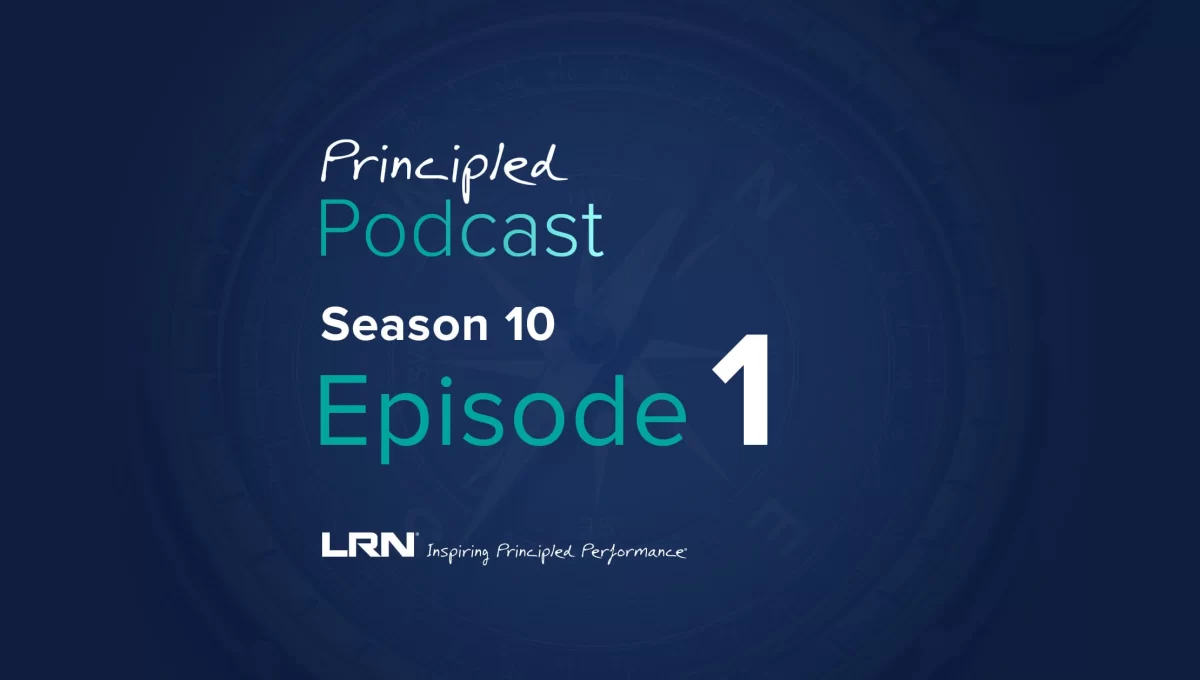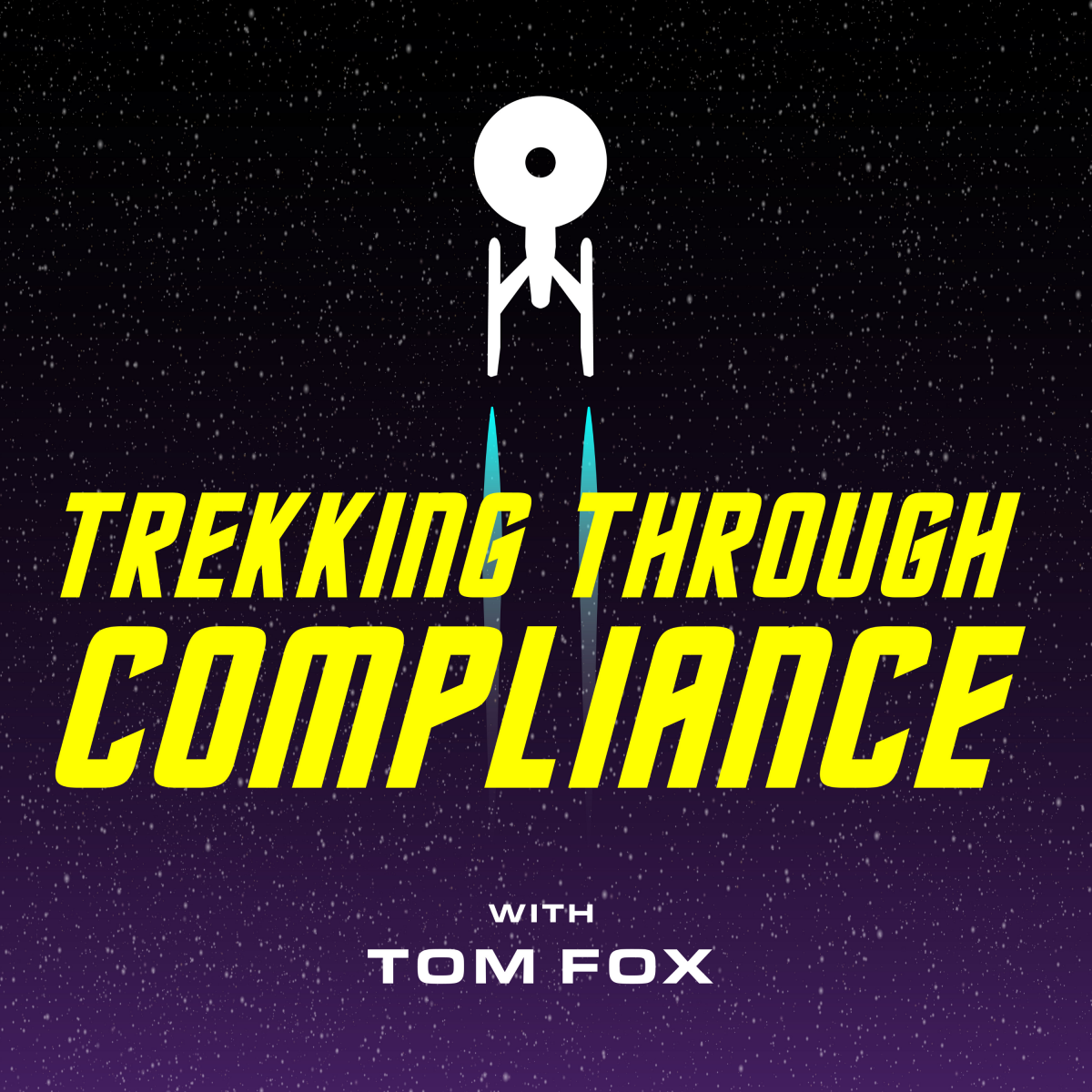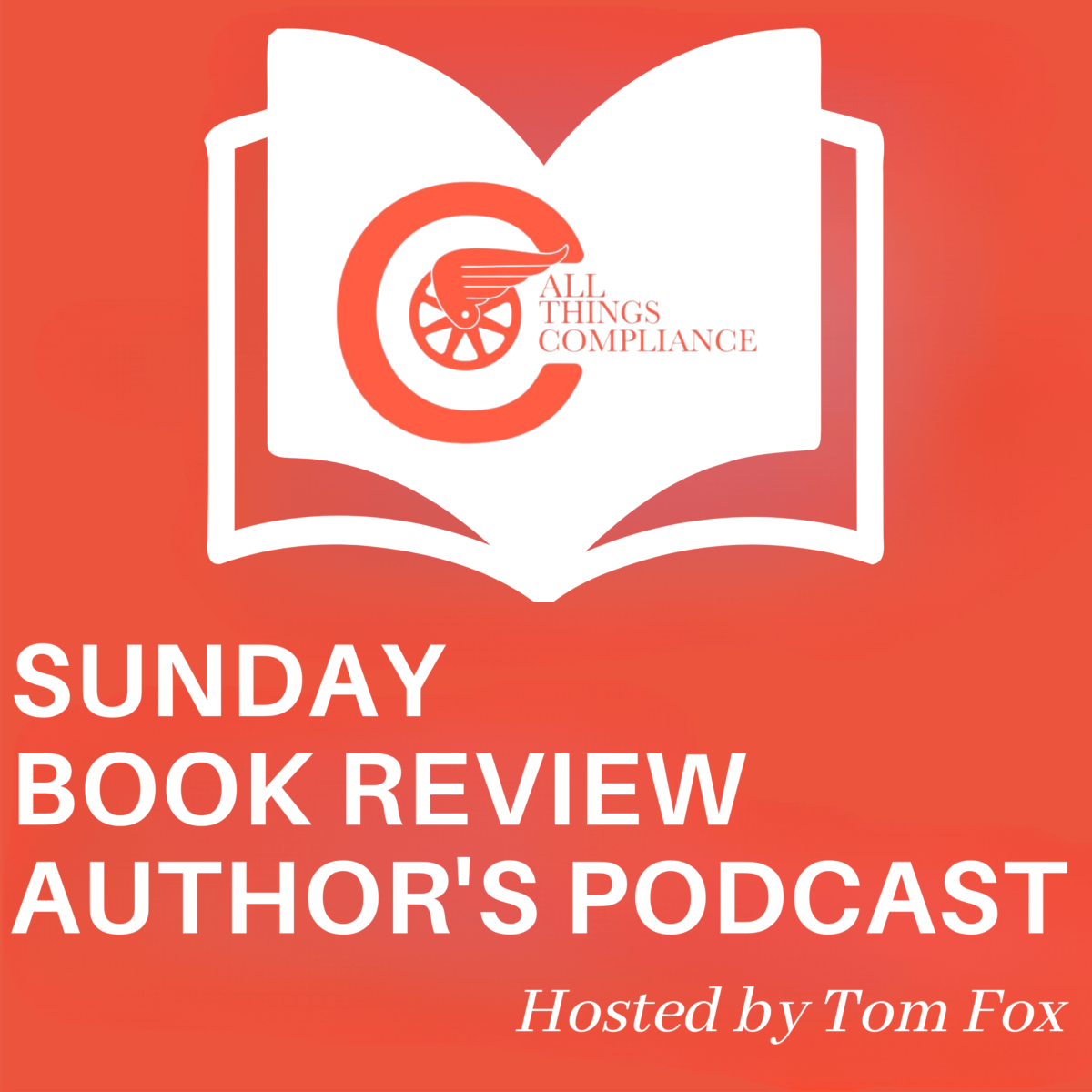Tom Fox is back with his Classic Monster Movie Month, where he reviews a Classic Monster Movie from Universal Pictures from its Classic Monster Movie era of 1931 to 1947. This year, I want to look at some of the lesser-known movies and mine them for leadership and ethical lessons. We continue our journey of Edgar Allen Poe-themed movies with the 1934 Bela Lugosi and Boris Karloff class The Raven.
Classic monster movies have long captivated audiences with thrilling plots, iconic characters, and spine-chilling moments. However, beyond the scares and special effects, these films often contain deeper themes that explore ethical implications and leadership. In this episode of “Popcorn and Compliance,” Tom Fox focuses on the Universal Pictures classic monster movie “The Black Cat” and the valuable insights it provides into ethical decision-making and leadership.
“The Raven” is a film that delves into the dark side of power and manipulation, particularly in positions of authority. The main character, Dr. Richard Vollen, uses his influence to manipulate others into committing unethical acts, demonstrating the corrupting influence of power. The film is a cautionary tale emphasizing the importance of ethical conduct, empathy, and compassion in leadership. It also highlights the value of effective team dynamics in achieving common goals and fostering a positive work environment, including collaboration, open communication, and mutual respect.
One of the key factors explored in “The Raven” is the consequences of obsession. Dr. Vollen’s obsession with a particular surgical technique and his infatuation with Jean Thatcher lead to dire consequences. This highlights the need for leaders to be mindful of the potential destructive effects of their work and personal obsessions and ensure a broader ethical framework guides their actions.
Accountability is another important aspect of leadership that is highlighted in the film. There needs to be more accountability for Dr. Vollen’s actions until it’s too late. Effective leadership includes being accountable for one’s decisions and actions, and leaders should be responsible for the consequences of their choices.
Empathy and compassion are also explored in “The Raven.” Leaders who demonstrate empathy and compassion for others tend to foster healthier, more positive environments and relationships. This highlights the importance of considering the impact on others when making decisions about power, manipulation, and ethics in leadership.
Ethics in the pursuit of excellence is another theme in the film. Dr. Vollen’s pursuit of surgical excellence is admirable but becomes ethically problematic when it leads to harm. Leaders should uphold ethical standards even when striving for excellence in their fields.
While not a central theme in the film, the interactions among the characters demonstrate the importance of effective team dynamics. In any leadership setting, leaders should promote collaboration, open communication, and mutual respect within their teams.
It’s important to note that “The Raven” is a horror film, and the ethical and leadership examples presented are largely negative and cautionary. However, they remind leaders of challenges, such as the temptation of power, the consequences of obsession, and the continuing need for ethical decision-making, even in dire direst consequences.
In conclusion, “The Raven” provides a thought-provoking analysis of power, manipulation, and ethics in leadership. It highlights the importance of ethical conduct, empathy, and compassion in positions of authority. The film serves as a cautionary tale, reminding leaders of the tradeoffs in balancing different factors and the challenges associated with different approaches. By considering the impact on others and upholding ethical standards, leaders can navigate the complexities of power and manipulation while fostering a positive and ethical work environment.


